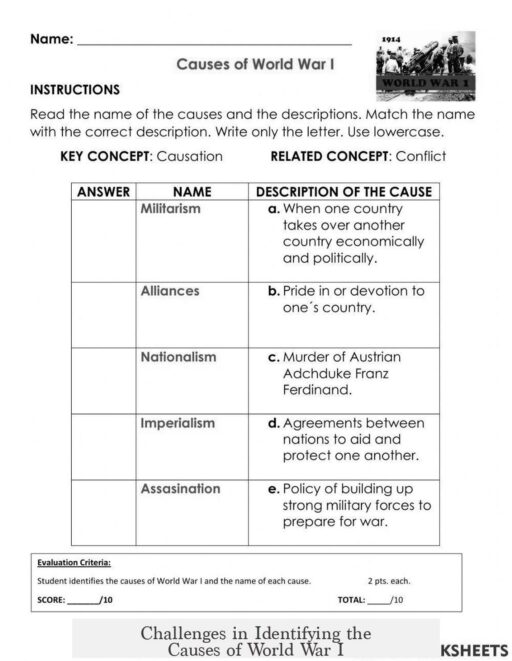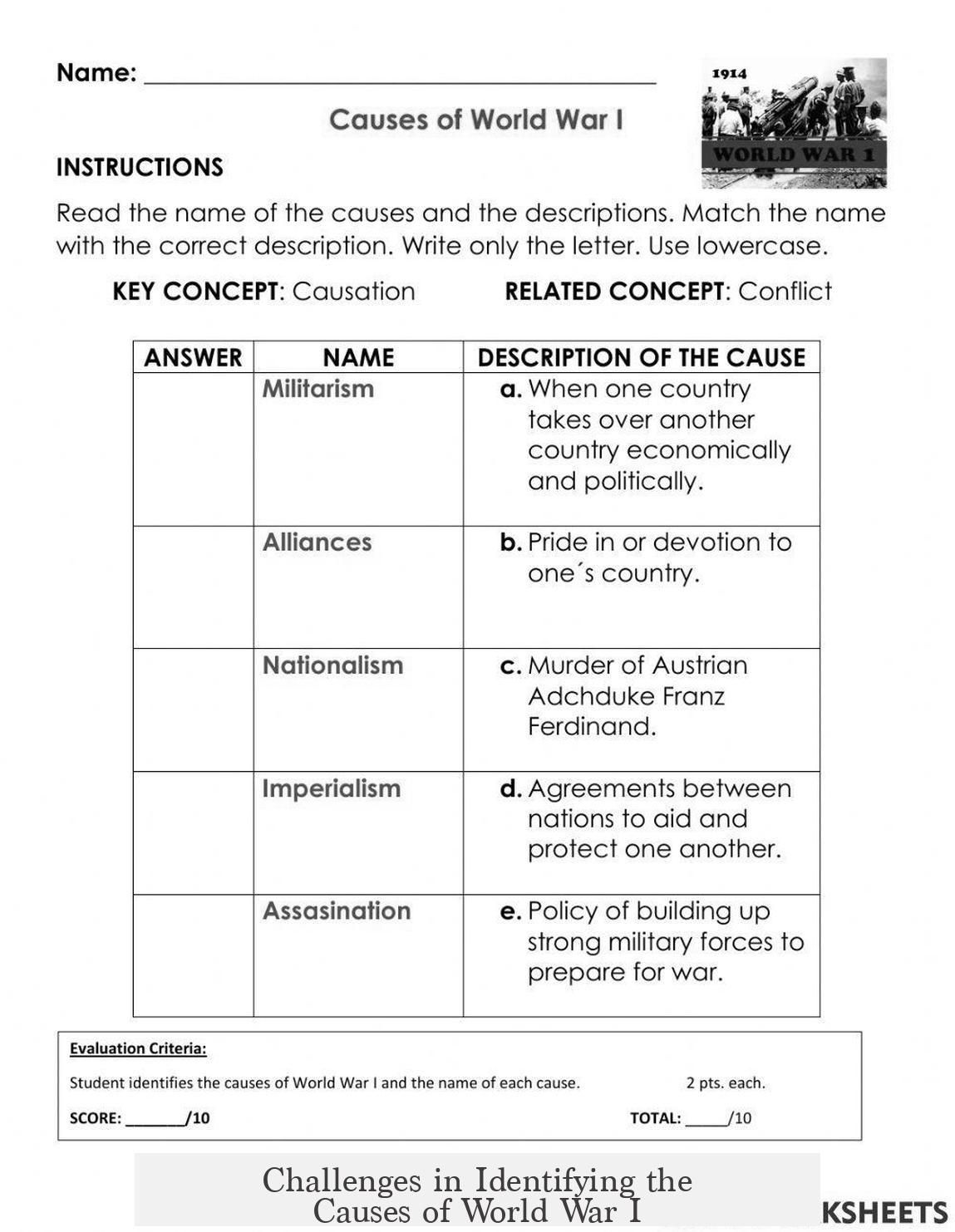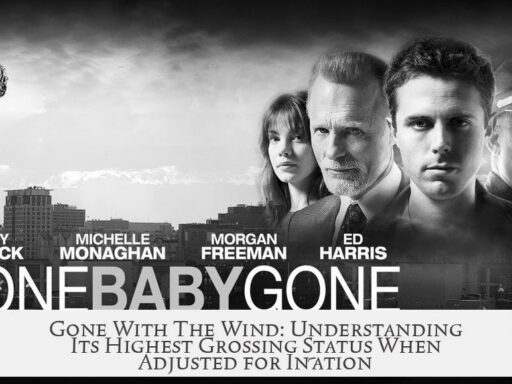Determining the cause of World War I proves difficult due to the complexity of the political environment, the presence of numerous contributing factors, and the diversity of historical interpretations. No single event or factor alone triggered the war. Instead, a dense web of political, military, and social tensions combined to create a volatile situation across Europe.
The assassination of Archduke Franz Ferdinand in Sarajevo in 1914 is often cited as the immediate trigger but not the sole cause. His death reignited tensions between Austria-Hungary and Serbia but could not explain why major powers like Britain, France, Russia, and Germany all entered a prolonged conflict. This event acted more as a spark landing on tinder, a metaphor for deeper underlying issues.
The political landscape before 1914 involved multiple risks:
- Militaristic war plans primed to mobilize quickly.
- A naval arms race, particularly between Britain and Germany.
- Nationalistic and imperial ambitions fueling rivalries.
- Complex alliance systems binding countries to defend one another.
These factors formed a geopolitical situation with many players and motives. No single “casus belli” or clear-cut cause stands out. Leaders faced a high-stakes environment where cautious diplomacy often gave way to rapidly escalating mobilizations.
The disagreement about the war’s cause extends into historiography. Different historians interpret the evidence in contrasting ways. Fritz Fischer emphasized Germany’s aggressive policies, while A.J.P. Taylor saw the war as a consequence of predetermined timetables and miscalculations. Others propose “collective fault,” reflecting responsibility shared across Europe’s powers.
This diversity arises because the historical record is complex and incomplete. Each historian’s focus, biases, and the primary sources they analyze lead to varying conclusions. As John Röhl noted, debates continue even a century on, with no definitive consensus.
Human factors also complicate understanding. Decision-makers in 1914 acted amid uncertainty, their judgments shaped by previous crises like the Moroccan and Balkan conflicts. Margaret MacMillan highlights that these leaders carried their own strengths, weaknesses, fears, and assumptions into negotiations. Europe’s past success at avoiding war paradoxically bred complacency, leading many to believe peace could be maintained until the last moment.
The constant challenge is assigning blame or responsibility. Some historians seek to identify which nation’s policies were most harmful. Others analyze how systemic factors and policies collectively undermined peace. This distinction matters. Focusing on responsibility can introduce bias, while examining policy without considering individual decision-making risks oversimplification.
Policy is crucial but insufficient alone to explain the war’s outbreak. Statesmen’s choices sometimes diverged from official policy due to emotions, misjudgments, or misinformation. This interplay between individual agency and structural forces continues to challenge scholars.
The intricacies of international politics before 1914 make it unlikely any single “cause” will ever be universally accepted. Instead, the war resulted from a convergence of factors:
| Contributing Factor | Description |
|---|---|
| Assassination of Archduke Franz Ferdinand | Immediate spark triggering tensions but not sole cause |
| Militarism and Arms Race | Heightened readiness for war and competition, especially naval |
| Nationalism | Intense national pride and ethnic conflicts, especially in Balkans |
| Alliances | Binding commitments pulling countries into conflict |
| Diplomatic Failures | Miscommunications and miscalculations among powers |
The complexity of these intertwined elements makes pinpointing a single cause impossible. It also fuels ongoing debates and reinterpretations by historians.
- Multiple political, military, and social tensions contributed collectively.
- Assassination was a trigger, not the root cause of the war.
- Historians disagree on emphasis and responsibility.
- Decision-maker context and psychology add layers of complexity.
- International diplomacy’s fragility prevented peaceful resolution.
Understanding World War I’s origins demands nuanced analysis beyond simplistic answers. The question remains a fertile ground for scholarship, reflecting the war’s enduring global impact.



